What You Need To Know About The Philips Recall



In June of 2021, Philips Respironics recalled a variety of ventilators, bi-level positive airway pressure (BPAP), and continuous positive airway pressure (CPAP) machines due to potential health risks. This recall was due to the polyester-based polyurethane foam used in the medical devices that could break down, causing tiny pieces of black foam or certain chemicals to be breathed in or swallowed by the person using the device. This could lead to life-threatening injuries, permanent impairment, and medical intervention.
The team at CPAP Liquidators is here to help you fully understand the recall, the repercussions, and more. In this page we will discuss information obtained by the FDA, how to know if your machine should be replaced, some of the health risks, and much more. Continue reading to learn, or contact our team today to get help to better understand this situation and learn the best ways for you to take action should you or your practice own one of the affected BPAP and CPAP machines.
Inspection Information
The FDA conducted an inspection of a Philips Respironics' manufacturing plant after the recall to determine what caused or exacerbated the foam problems.
During the factory check, the FDA learned additional details, which had not previously been available to them, regarding the silicone-based foam used in a single, comparable device marketed outside of the United States that failed one safety test for the release of certain chemicals of concern. Philips Respironics has done the same testing with the FDA that it had conducted on devices authorized for sale in the United States. Philips Respironics was asked to retain an independent lab to conduct more testing to see if there are any safety concerns regarding silicone-based foam, as well as what if any, potential health risks may be posed by.
The FDA is aware that patients have previously received silicone-based foam as part of the repair and replace program. The agency does not yet have enough data to determine whether the silicone-based foam in repaired devices is hazardous to people in the United States.
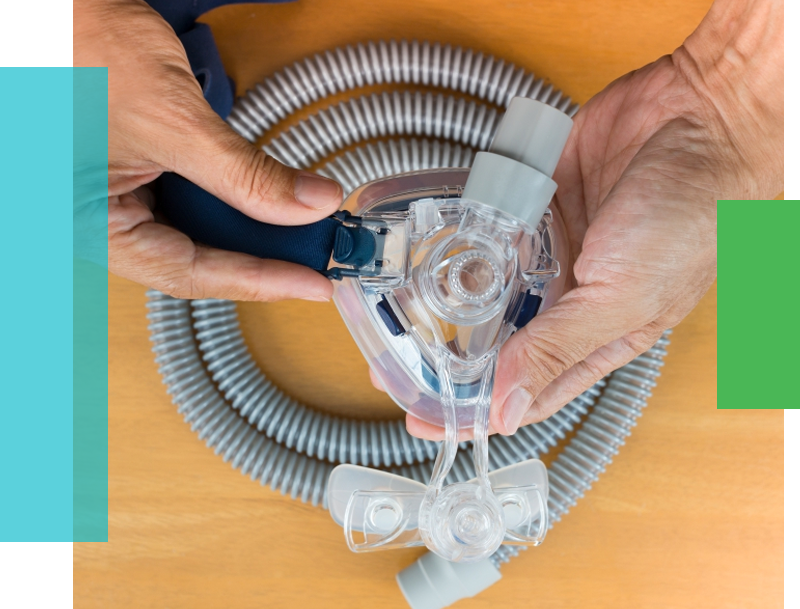
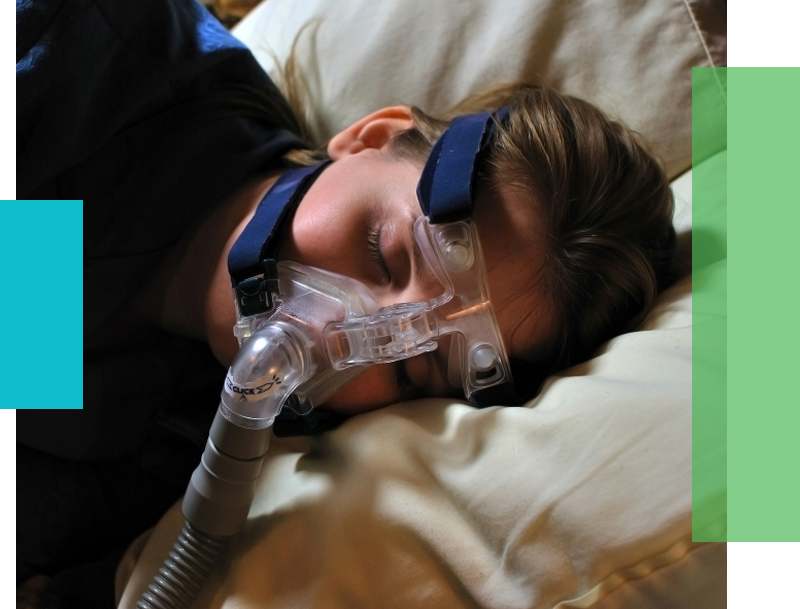
Repairs Or Replacements
Philips Respironics implemented a strategy to repair or replace recalled CPAP and BPAP equipment as a result of the recall. The firm is replacing the polyester-based polyurethane foam with a silicone-based foam as part of the solution. The FDA approved this proposal, in part, based on testing by Philips Respironics. Philips Respironics began a repair and replacement program for recalled first-generation DreamStation CPAP and BPAP devices on September 1, 2021.
Philips Respironics announced on October 18, 2021 that it had delivered a total of 750,000 repair kits and replacement devices, with more than 250,000 having reached consumers.
During the FDA's inspection of the manufacturing plant, it gained information that had previously been unavailable to the agency about the silicone-based foam used in a single, comparable device sold outside of the United States, which failed one safety test for the release of certain substances of concern known as Volatile Organic Compounds (VOCs.
Patients have already received silicone-based foam as part of the repair and replace initiative. There is not yet have enough data to determine whether the silicone-based foam used in restored devices poses any risk to patients in the United States.
Philips Respironics has been asked to retain an independent laboratory to complete further testing in order to establish whether or not the silicone-based foam poses any potential safety risks for patients. The FDA does not urge patients who have completed the repair and replacement program to stop using their product while this independent testing is carried out. This conclusion was reached after the FDA conducted a comprehensive benefit-risk evaluation. The FDA has determined that stopping one of these devices used may be more detrimental to a patient's health and quality of life at this time. The FDA will release the findings from outside testing as soon as they are available, and the agency will communicate them to the public. Patients who want to know more should discuss their situation with their health care provider.
Was Your Device Recalled?
To know if your device has been recalled or what actions you should take, you can follow these steps:
1. Read the FDA’s recommendations for your devices:
2. Contact your doctor to see if it's best to cease using the gadget, use alternative treatments, or keep utilizing your current device while you wait for a replacement or repair.
3. Find your device’s serial number.
4. Entering your device’s serial number during registration will tell you if it is one of the recalled models.
5. Register your device.
-
To register by phone or for help with registration, call Philips Respironics at 877-907-7508
6. After you've finished signing up, the Philips Respironics website will display your registration confirmation number. Because Philips Respironics will ask for both in the future, it's crucial to remember to keep your registration confirmation number and serial number where you can find them. Philips Respironics will also receive your contact information when you register with them.
7. if you have a health problem, have used or currently use a recalled device, or have an issue with your device, report it to your doctor and fill out the FDA's Voluntary Reporting Form.
If you don't see your device on the list of recalled devices when you register, you should contact the medical equipment supplier (often known as a DME supplier) who provided it to you. A DME provider may check to see if your equipment has been recalled.
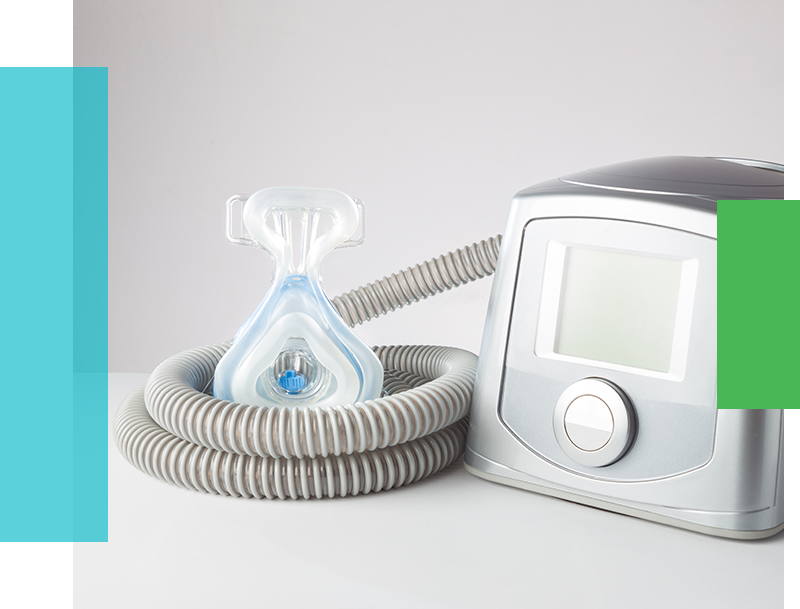
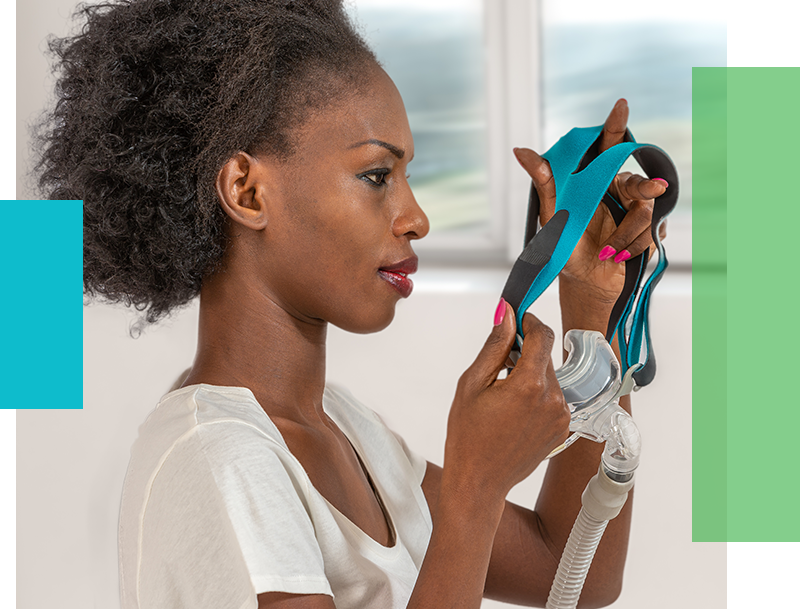
Health Risks
Breathing in chemicals or swallowing small pieces of foam that have shattered might result in significant harm, which can be life-threatening and necessitate medical attention to avoid irreversible damage.
The potential health risks from sound abatement foam can be found in a statement from the FDA here.
Should You Stop Using Your Device?
To choose the next steps, talk about the advantages and risks in terms of your specific health condition with your healthcare providers, such as your primary care physician or a sleep expert.
Patients who are in danger of experiencing negative effects from their implanted medical device may be advised to stop using it. If you and your doctor determine that the device's advantages outweigh its risks, you could opt to keep using it.
Philips Respironics has yet to respond to all of the information requested from the FDA to assess the dangers posed by chemicals released by foam, but they have supplied clinical data for physicians on their website.
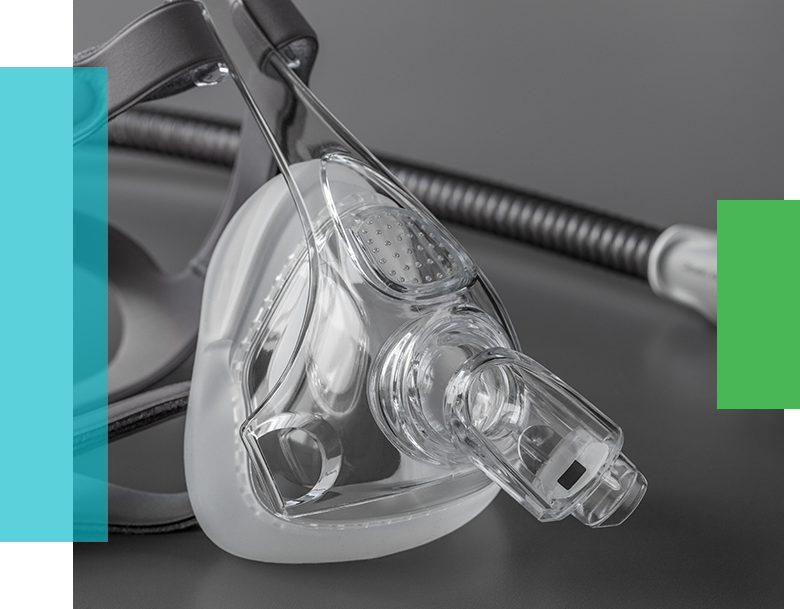
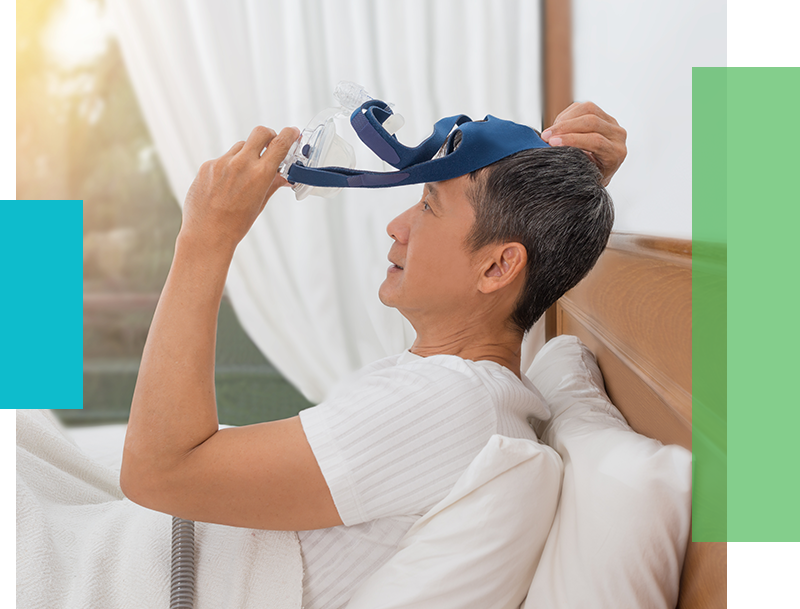
What To Do With Your Device
A filter is not required for CPAP or BiPAP devices. A filter may modify how the device functions, making it less effective in reducing contact with specific chemicals that might come off the foam.
At present, the FDA is reviewing a filter, but there is no evidence that a filter reduces the risks of foam. The effectiveness of the foam reduction filter is being evaluated by the FDA; see the FDA's safety notice for more information.
The foam should not be removed from your device. Attempting to or successfully removing the foam may harm the device or alter how it works. It's also possible that more foam or chemicals will enter your air tube as a result of this process.
The manufacturer will then send you a replacement device via the delivery method you selected during registration, such as by text message, mail, or email. If you don't need your recalled device any longer, return it to Philips Respironics.
What Is Philips Respironics Required To Do?
Philips Respironics must come up with a plan that includes:
-
Taking into account the findings of the health hazard assessment to minimize health dangers posed by
-
Notifying consumers about recalled medical equipment
-
Calculating the number of devices in use and distribution
-
Creating a strategy to repair or replace recalled goods
-
Repairing and replacing the recalled devices
Philips Respironics has not yet submitted the FDA with all of the documentation it requires to assess the plan to repair and replace all discontinued Philips Respironics equipment, including:
-
A-series BiPAP machines
-
DreamStation Go
-
OmniLab Advanced+
-
REMstar SE Auto
In addition, Philips Respironics, as a medical device manufacturer, must comply with all applicable laws and regulations, including quality system regulations (21 CFR 820).
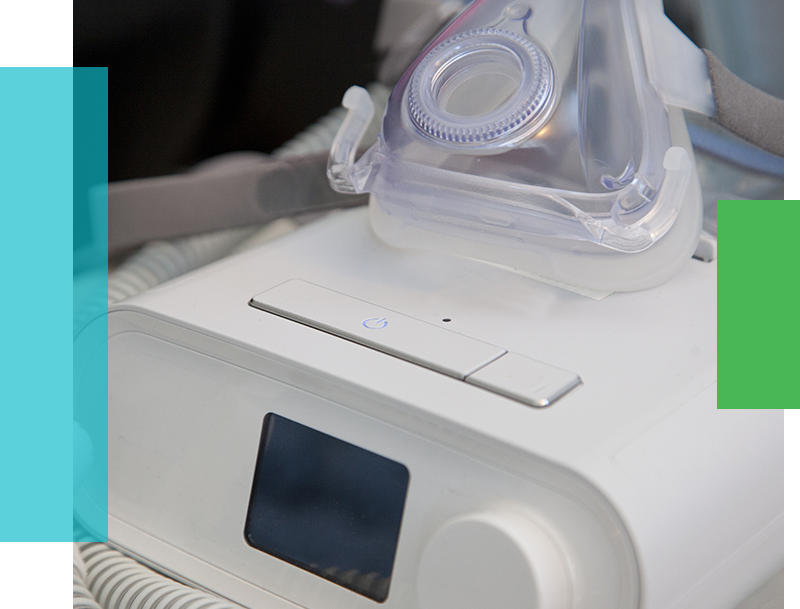
How To Report An Issue
If you're having trouble with your phone or have a health problem and are using or have used a recalled or refurbished device, please report the issue to your doctor through the MedWatch Voluntary Reporting Form
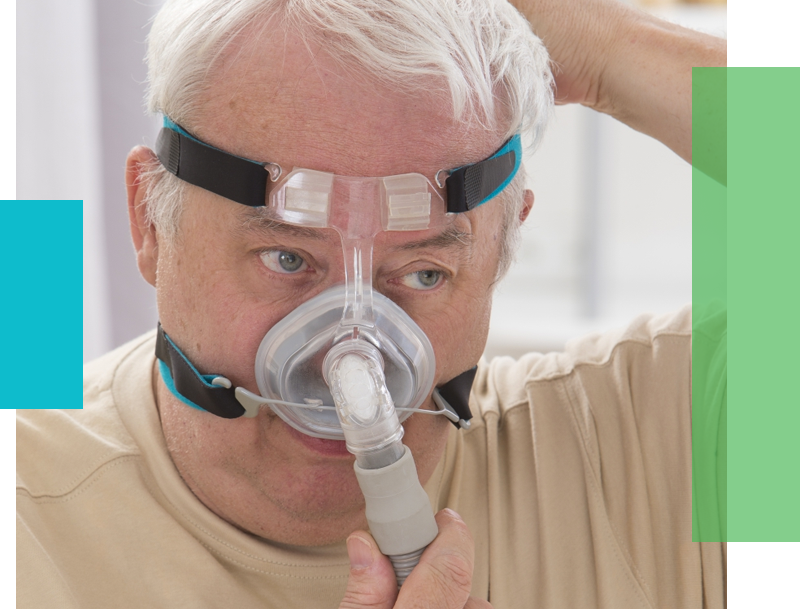
How The FDA Is Responding
he FDA is working directly with Philips Respironics to ensure that the health risks are taken care of and that all machines are recalled, repaired, or replaced so that no more patients will be affected by the issue. To do this, the FDA has taken the following steps:
-
Assessing the safety and effectiveness of Philips Respironics’ actions to fix the product and carry out the plan to repair and replace recalled devices.
-
Monitoring the repair or replacement of impacted devices until Philips Respironics has met all requirements related to the conduct of their Class I recall and the Medical Device Quality System regulation.
-
Evaluating Philips Respironics’ plan to repair and replace the Trilogy 100 and 200 ventilators (Note: Garbin Plus, Aeris, LifeVen devices are trade names for Trilogy 200)
-
Overseeing Philips Respironics’ replacement of C-series BiPAP machines, E30, and SystemOne (ASV4 and Q-series) devices with another replacement device
-
Receiving and reviewing medical device reports (MDRs) related to the foam issue.
-
Encouraging Philips Respironics to have a consistent and transparent approach for repairing or replacing the impacted devices with safe and effective devices.
-
Working with consumers, patient organizations, and health care professional societies to understand and address common questions and concerns related to this recall.
-
Partnering with stakeholders to distribute a voluntary survey to better understand patient experiences related to specific recalled medical devices. The survey informs the FDA’s work overseeing the effectiveness of the recall.
-
Working with other manufacturers and government partners to try to help make available more CPAP and BiPAP devices.
-
Requested Philips Respironics retain an independent laboratory to perform additional testing to determine what, if any, potential safety risks are posed to patients by the silicone-based foam.
-
Completed an inspection of the Philips Respironics facility
-
Provided the inspection findings to Philips Respironics.
-
Classified the Philips Respironics recall as a Class I recall, the most serious type of recall. Class I recalls involve a reasonable probability that the use of, or exposure to, a violative product will cause serious adverse health consequences or death. For more information on the potential health risks identified, see Certain Philips Respironics Ventilators, BiPAP, and CPAP Machines Recalled Due to Potential Health Risks: FDA Safety Communication | FDA.
Learn More With CPAP Liquidators
This recall has greatly affected the CPAP and BPAP industry, and the team at CPAP Liquidators is here to help should you have purchased one of these machines. To learn more about the recall, you can continue reading with the FDA or you can contact our team today. We will partner with you to give you as much information as possible. You can also work with us to find new CPAP machines that will work perfectly in your offices. Reach out today with any questions that you may have!
